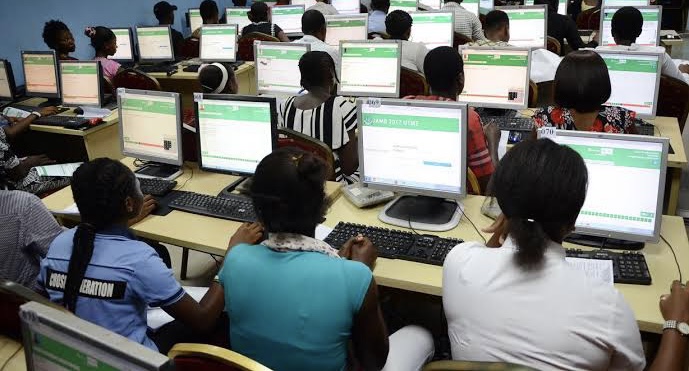The Federal Government has officially set 16 years as the minimum age for candidates seeking admission into tertiary institutions in Nigeria.
Minister of Education, Dr. Tunji Alausa, announced this policy on Tuesday during the 2025 Policy Meeting on Admissions, held at the Bola Ahmed Tinubu International Conference Centre in Abuja.
The age requirement will be enforced through the Joint Admissions and Matriculation Board’s (JAMB) Central Admissions Processing System (CAPS). Candidates who turn 16 by August 31, 2025, will be deemed eligible for the 2025 admission cycle.
Despite the enforcement through CAPS, JAMB raised concerns that some institutions have been bypassing the platform to admit underage candidates and collecting large tuition fees from them.
“The Board implemented the 16-year admissible age on its CAPS platform and even bent backwards to accommodate candidates who would be 16 as of 31st August 2025,” JAMB stated.
“However, some institutions admitted candidates who were not up to the admissible age of 16 outside CAPS and even collected huge sums of money from them as tuition fees.”
JAMB emphasized that such admissions are illegal and cannot be regularized through CAPS. It also disclosed that some of these cases have resulted in legal actions against the offending institutions.
This decision follows controversy in the previous year when former Education Minister, Prof. Tahir Mamman, proposed raising the minimum age to 18 — a move that met with widespread criticism from education stakeholders.
In another major development, JAMB announced that beginning with the 2025 Unified Tertiary Matriculation Examination (UTME), candidates’ result slips will now include their national ranking among all test-takers.
The Board said this new feature aims to discourage the isolated celebration of high UTME scores and reduce the prevalence of fake result claims.
“To curb the menace of celebrating top scorers of UTME, candidates’ ranking (position) will be indicated on the result slip for each candidate,” JAMB said.
This ranking system is also expected to help institutions assess candidates more effectively and establish a standardized benchmark across yearly cohorts.
JAMB dismissed ongoing calls to extend the validity period of UTME results, arguing that such extensions would complicate score comparability across years.
By incorporating national rankings, the Board hopes to enhance transparency, discourage fraudulent score claims, and provide institutions with clearer insights into each applicant’s academic standing.
For perspective, JAMB revealed that in the 2025 UTME, out of a total of 1,905,539 candidates, a score of 370 was ranked 16th; a score of 320 was ranked 5,806th; a score of 250 was ranked 107,819th; a score of 200 was ranked 533,805th; a score of 180 was ranked 948,025th; a score of 140 was ranked 1,855,607th; a score of 120 was ranked 1,900,872nd; and a score of 100 was ranked 1,903,661st.
JAMB reaffirmed its dedication to promoting equity, transparency, and merit in Nigeria’s tertiary education admissions.
The ongoing policy meeting, which includes vice-chancellors, registrars, and provosts from institutions across the country, is expected to conclude with the formal adoption of cut-off marks and regulatory guidelines for the 2025 admission cycle.


